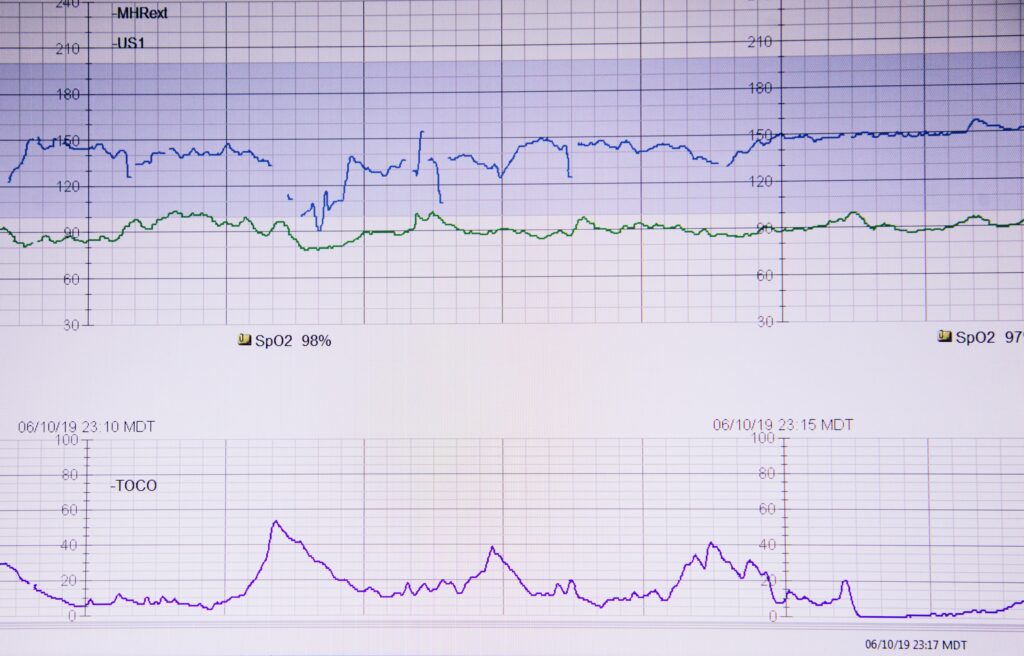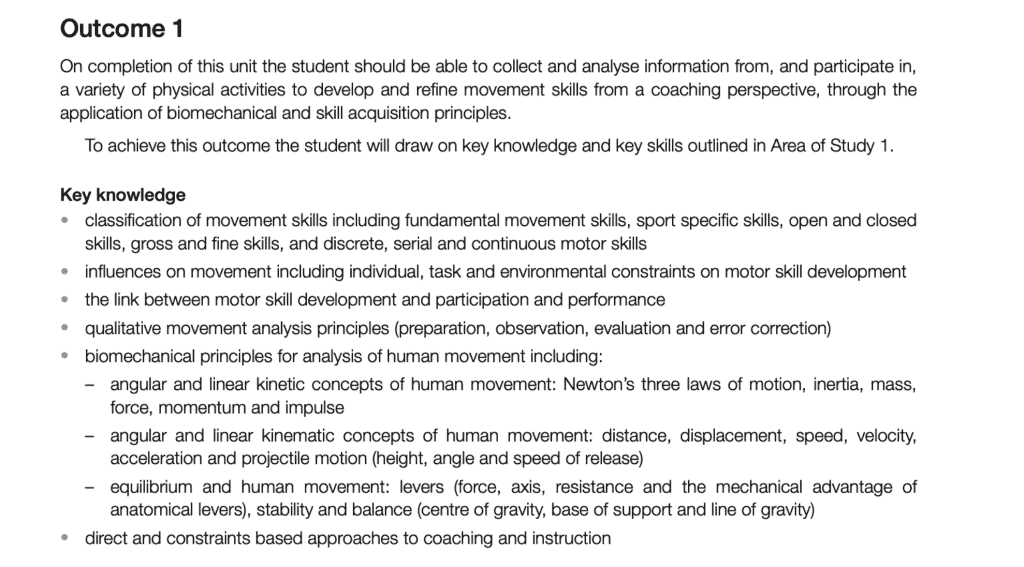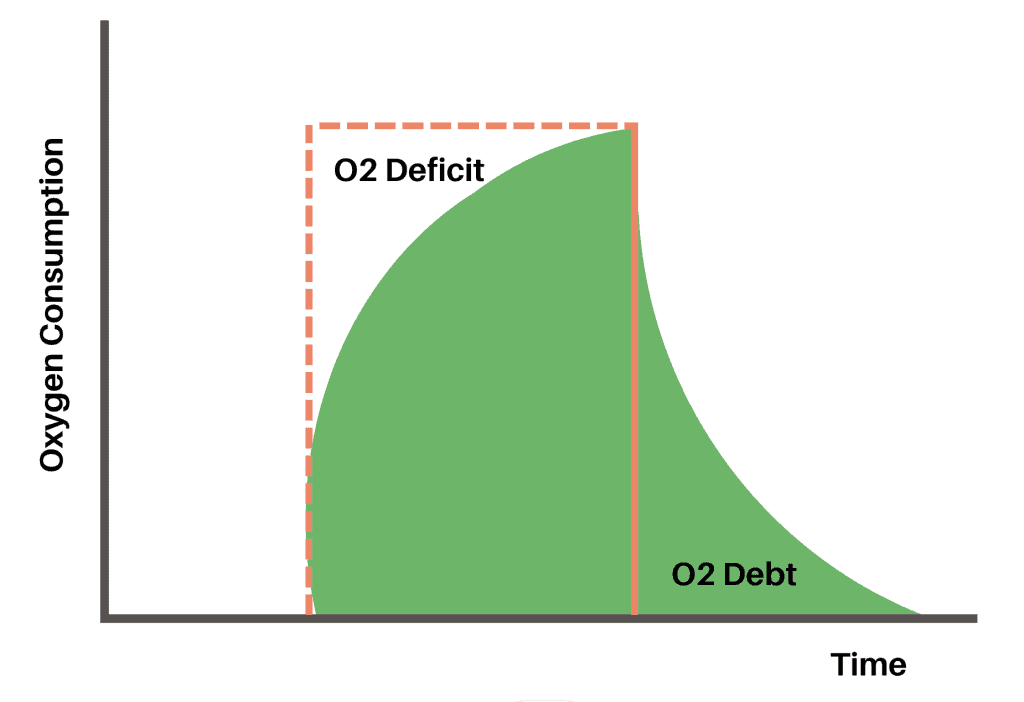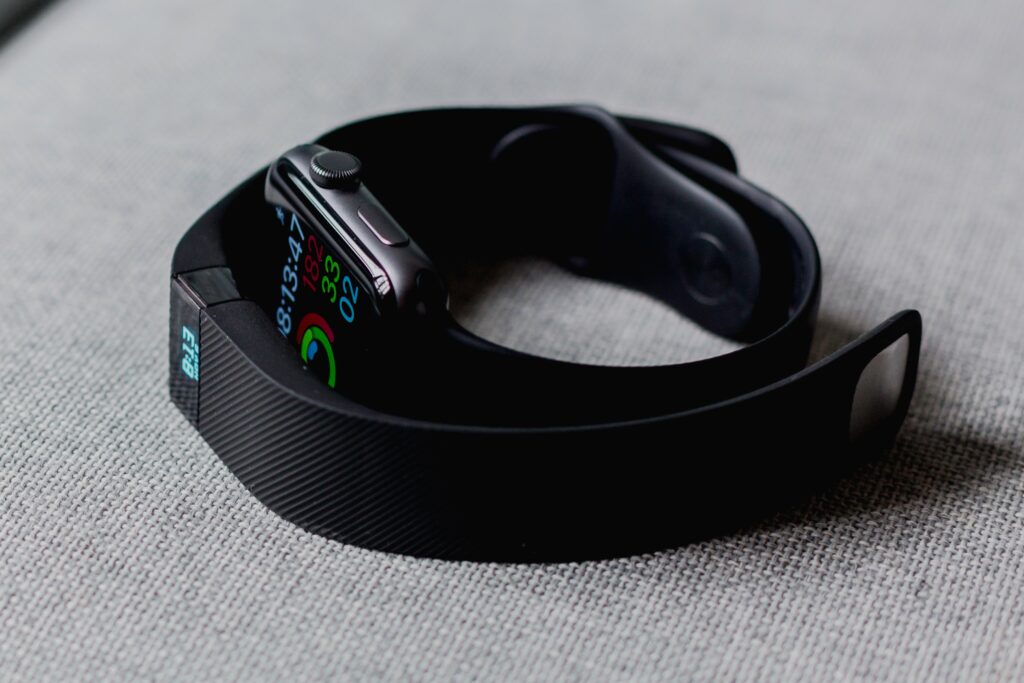Wherever you are on your Year 12 journey, the end of year exam should be something you keep in mind throughout the year to prepare correctly for it!
50% of your Study Score comes from your end of the year exam, and it is the most significant assessment that you will complete in VCE Physical Education.
This may sound daunting, but with consistent revision, preparation and practice, you will smash it without a problem!
Here are our Physical Education end-of-year exam tips!
A Year Before Your VCE Physical Education Exam
A Few Months Before Your Exam
The Day Before Your VCE Physical Education Exam
During the VCE Physical Education Exam
After the Exam
A Year Before Your VCE Physical Education Exam
The content you learn throughout the Physical Education subject is necessary to learn the next topic, and large combined questions can end up in the end of year exam.
It is important to stay on top of topics throughout the year, no matter how small they may seem.
Here are 7 steps that we’ve found to be helpful to get through yearly content!
Step #1: Create a Revision Guideline Using the Study Design Dot Points
Following the example below, the first key knowledge area consists of a topic from the syllabus (e.g. movement skills and biomechanical principles). Using this as a checklist is a good starting point to ensure you are covering off all areas that could possibly be covered.
Our breakdown of the VCE Physical Education study design can be found here!
Creating an actual table during the holidays before you start each unit is an excellent visual way to tick off areas or content. Once you start the unit, fill out each section as you cover it in class. This can also be an excellent way to identify any gaps in your knowledge!
Excerpt of VCE Physical Education Study Design Sourced From VCAA
Step #2: Make a Weekly Study Timetable
Having a weekly study guide ensures that you are able to break down the content into manageable chunks to study, as well as ensuring it doesn’t build up towards the end of the year.
How much study you need to do for each subject is different for every student. For Physical Education, however, at least two and a half hours of study a week (outside of class time) is recommended. However, remember that the more organised you are with your study the less time you will have to take!
| Topic | Have I revised it? | Confidence |
| Movement skills | Yes | Good |
| Influences on movement | Yes | Medium |
| Movement analysis principles | Yes | Good |
| Human movement equilibrium | No | Medium |
| Direct and constraint based coaching approaches | No | Low |
Check out our guide to making a study timetable with a focus on time management here!
Step #3: Have Regular Study Sessions to Revise Previous Content
Physical Education is a subject where a lot of the topics can be linked, so it is may become hard to understand later content if you miss something earlier on.
The best way to navigate this is to have consistent study sessions that revise previously learnt content. Timetabling that into your two and a half hours of study per week is a good way to keep ahead of the end of year cram!
Step #4: Review Content You’ve Learnt After School
Revising and reviewing what you learnt at school each day after coming home is the best way to consolidate knowledge and find any gaps of knowledge to ask your teacher about the next day.
It doesn’t have to be a lot of time spent after school, just making sure you do a bit every day will help improve your ability to memorise key physical education concepts dramatically!
Step #5: Make Diagrams, Flow Charts and Graphics Your Best Friend
Visual representations of the content that you learn can be your best friend in Physical Education to not only make sense of the different topics of study you learn, but also be able to replicate it on your exam day effectively.
Creating diagrams also reinforces the content that you learn in multiple ways, making it more likely that you are able to successfully retrieve it when the time comes.
For example, visual representations can particularly help with understanding energy systems, the cardiovascular system and muscle agonist and antagonist pairs!
Look below to see an example of an energy system diagram!
Step #6: Clarify Any Uncertainties As Soon As Possible
There is no such thing as a silly question!
VCE Physical Education can be complicated and convoluted, and there is absolutely nothing wrong with asking questions to be 100% certain on a topic. Plus, teachers love when you ask questions!
This will help you consolidate the knowledge you learn as well as insuring that you don’t waste your time learning and relearning information!
Step 7: Complete a Range of Practice Question Styles
If there’s a style of question you find yourself struggling with, it’s that exact style of question you should be doing the most practice on.
Practice is the best way to prepare for your exam, and different styles will ensure that you are prepared for anything that shows up in the exam.
Tip: Focus on application-style questions, as those are worth the most but are usually the ones that tend to trip students up!
A Few Months Before Your Exam
Tip #1: Make Sure You Are Well-Balanced Leading Up to the Exam
For your end of year exams, not only is understanding the content important, but so is being in a good mindset. Whilst studying is important, so is taking care of yourself (e.g. getting better sleep, meditating, getting out to exercise, spending time with friends, participating in your hobbies) so that you are ready to face the exam and ensuring that you don’t burn yourself out!
If you have learnt all the content and only have to revise in the weeks before the exam, that’s one less thing to stress about.
Ready to start practicing? Here is a complete list of all the past VCE papers and exams to help!
Tip #2: Get Feedback on Your Answers
Asking your teachers for feedback on your answers will ensure that you are answering the questions the way you are supposed to be!
Tip: It’s important to write down notes on the best way to answer the questions
Tip #3: Reach Out For Help
Asking your teachers, your school, your friends or your parents for additional support is important.
Make sure you do it early rather than waiting til it is too late!
Tip #4: Do Practice VCE Physical Education Exams
After covering different types of practice questions, it’s imperative to do practice exams.
Tip: Do full practice exams in timed conditions and in an environment similar to the exam setting — no phones, no notes, just pen and paper!
A quiet room, same utensils and even practicing at the same time as your exam will all help build a routine that will help you excel when it comes to the real deal.
This way, you’ll get “used” to the stress of an exam and have knowledge of how you’ll best work in the actual exam!
Check out our master list of VCE Physical Education past papers here!
The Day Before Your VCE Physical Education Exam
The day before the exam should be purely relaxation oriented. Make sure you get a good night’s sleep and have everything that you need for the exam organised and ready to take with you in the morning (pencils, pens, calculator etc.). Definitely do this the night before and not the morning of!
Light revision is fine but try not to do a full practice exam or do whole areas of study.
Check out our exam prep routine for the night before your VCE Physical Education here! Plus, we’ve got a 7 day study plan here!
During the VCE Physical Education Exam
Tip #1: Make Sure to Read Every Question Carefully
A great strategy is to underline or highlight the key parts of each question. This will ensure you read and answer exactly what you are being asked in the question
Tip #2: Your Length Response is Determined By How Many Marks It’s Worth
Use how many marks a question is worth as a guide to how detailed your answer needs to be and/or how long it should take you to answer it. There are 120 marks and you have 120 minutes, so for each mark you have a minute to allocate to it. For example, a 4 mark question means you can spend about 4 minutes on it!
Tip #3: You Don’t Have to Complete the VCE Physical Education Exam Questions In Order
It can be good to smash out the questions you are confident with first to ensure that you can bank those marks, then come back to ones that you are less sure about later.
After the Exam
Make sure to congratulate yourself for getting through Units 3 and 4 of Physical Education and the exam!
You are almost at the end of your exam period, make sure you work hard and enjoy it!
Are you looking for some extra help with preparing for your VCE Physical Education end of year exams?
We have an incredible team of VCE tutors and mentors!
Making the transition from Year 11 to 12? Here’s how to ACE the step up and achieve your ATAR goal!
We can help you master the VCE Physical Education study design and ace your upcoming VCE assessments with personalised lessons conducted one-on-one in your home or online! Check out our Glen Waverley tutoring for VCE P.E. today!
We’ve supported over 8,000 students over the last 11 years, and on average our students score mark improvements of over 20%!
To find out more and get started with an inspirational VCE tutor and mentor, get in touch today or give us a ring on 1300 267 888!
Joshua Kulasingham is currently a Content Writer at Art of Smart. He completed a Bachelor of Science and a Masters of Occupational Therapy and has written for a variety of charity organisations and has worked for educational resource companies. In addition to this, he has had a variety of tutoring experiences with different students. In his free time, he loves playing basketball, playing the drums and hanging with friends!







